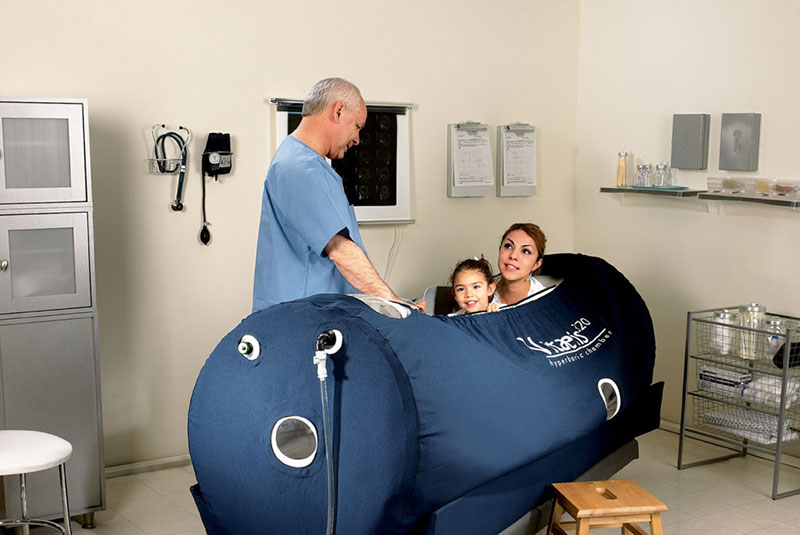According to a news report, scientists associated with the University of Cambridge, and the Statens Serum Institute from Denmark, have uncovered the relationship between developing autism later and extended levels of steroid hormones like testosterone, cortisol, progesterone, etc. in children in the mother’s womb. It is believed to be a landmark achievement that can help solve the mystery of why males are more prone to autism than females.
The news report further states that about 19,500 fluid samples containing amniotic fluid, stored in a biobank in Denmark, were used by the group of scientists. The samples belonged to those individuals, who were born between 1993 and 1999. The scientists isolated 128 samples of males, who were diagnosed with autism. They matched up later with the information recorded in the central register in connection with psychiatric diagnoses of people in Denmark.
Amniotic fluid is present around the foetus during pregnancy. Amniotic acid is sampled when a pregnant woman undergoes an amniotic fluid test. The researchers looked for 4 important “sex steroid hormones” – progesterone, 17α-hydroxyprogesterone, testosterone and androstenedione. In addition to it, they also looked for another steroid hormone, cortisol. They found a high association of the steroid hormones among one another, and that the steroid hormones were higher in the samples that belonged to the autism affected group than the other samples.

The scientist, who led the group, Professor Simon Baron-Cohen, termed it “one of the earliest non-genetic biomarkers”, which has been isolated in children with the tendency to develop autism later in their lives. He further added that although higher levels of prenatal testosterone had already been linked before with autistic traits in children, their research has lent credence to the theory by showing higher levels of steroid hormones in autistic children. As these hormones are synthesized at higher levels in the bodies of males than females, he thinks it can help explain why autism is more prevalent in males than in females. According to him, they want to test the same with samples from females.
Another researcher, who spearheaded the group, Dr Michael Lombardo called it important in terms of biological mechanisms at the early stage of development that are responsible for altering the development of the brain. However, Professor Baron-Cohen cautioned against considering hormone blockers as an option for treatment, as it may have some side effects. He suggested that the results be considered important only in identifying important biological mechanisms during the development of a fetus that play a role in brain development pertaining to autism.



